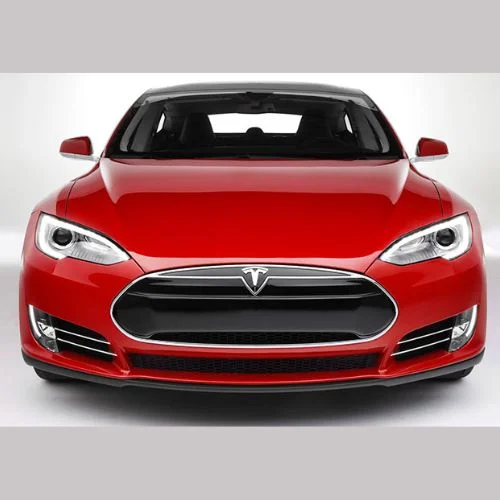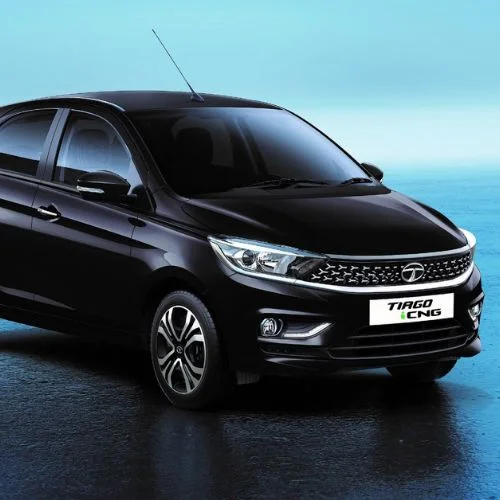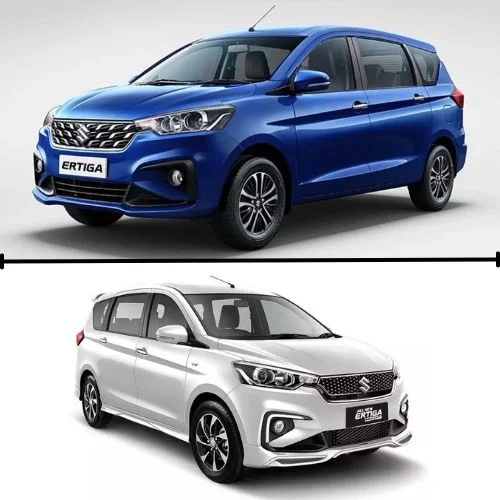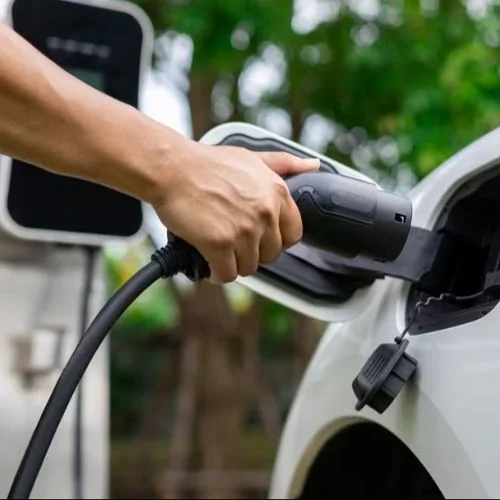Following scrutiny from New Delhi over its investment proposal, China’s BYD informed its India joint venture partner that it would abandon plans for a new $1 billion investment to produce electric vehicles. These statements were made by two persons with knowledge of the conversations.
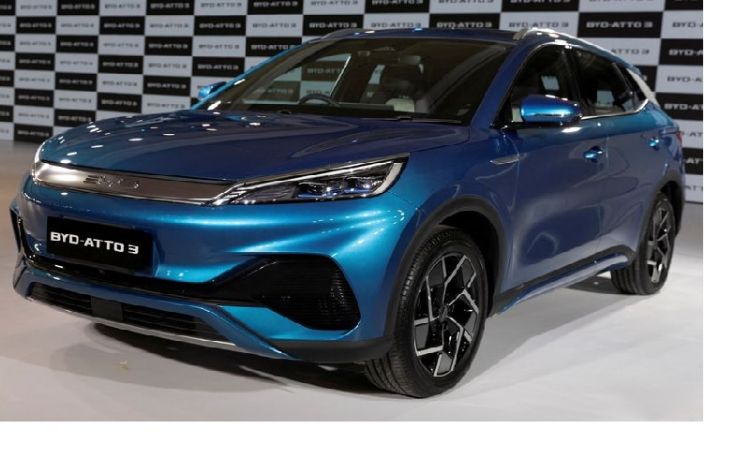
According to a report from Reuters earlier this month, BYD and its partner, the privately held Megha Engineering and Infrastructures, made a proposal to the Indian government in April to collaborate on the production of electric vehicles there.
However, during the initial examination, representatives from the three Indian ministries of finance and external affairs voiced what two Indian officials characterized as security concerns about the Chinese company’s participation and signaled opposition.
According to two people with knowledge of the conversation, BYD executives last week informed Megha Engineering that the battery and EV manufacturer wanted to forego the investment.
The possibility of BYD having second thoughts was not immediately apparent, and as of Thursday, BYD had not formally withdrawn the investment application from government assessment, according to the two officials with knowledge of the review.
The biggest EV manufacturer in China, BYD, declined to comment on whether it would abandon its plan to manufacture EVs in India or the status of its investment proposal.
The business claimed in a statement to Reuters that it has been selling both passenger vehicles and electric-drive buses in India for the past 16 years.
An email requesting a response was ignored by the home, foreign, and finance ministries of India. A request for comment from Megha Engineering received no response.
According to the two persons with knowledge of the conversation, Megha Engineering, based in Hyderabad, pushed BYD to hold off on abandoning its plans to manufacture electric cars during a meeting last week.
The two sources with knowledge of BYD’s strategy claimed that the company was aware that its investment proposal would be politically sensitive due to the scrutiny of Chinese investment in India. As a result, BYD made an effort to allay any worries.
For instance, the proposal stated that voice-activated app commands would be made available in Indian languages in BYD electric cars made in India and that all vehicle data would be stored in India, according to one of the persons.
According to those acquainted with the concept, BYD proposed beginning manufacture in India by 2025.
In 2020, in response to a string of border conflicts between the two nations, India started scrutinizing Chinese investment more closely.
After failing to obtain permission from the Indian government, China’s Great Wall Motor abandoned its plans to invest $1 billion.
The Indian trade and heavy industries ministries would make the final determination over whether to accept BYD’s investment application.
The biggest EV and plug-in hybrid vehicle manufacturer in the world, BYD, entered the Indian market in 2007 by providing batteries and other parts to the industry.
As part of a joint venture firm called Olectra Greentech, it began producing electric buses in India in 2013 alongside Megha Engineering.
BYD, which has already made an investment of more than $200 million in India, sells the Seal electric car as well as the Atto 3 and e6 EVs to corporate fleets.
Considering that it began selling vehicles in India in 2022, BYD has sold roughly 1,950 vehicles there.
The electric vehicle market in India is still tiny but expanding, with Tata Motors dominating sales. Less than 2% of all new cars sold in 2022 were electric versions, but the government plans to increase that to 30% by 2030.









